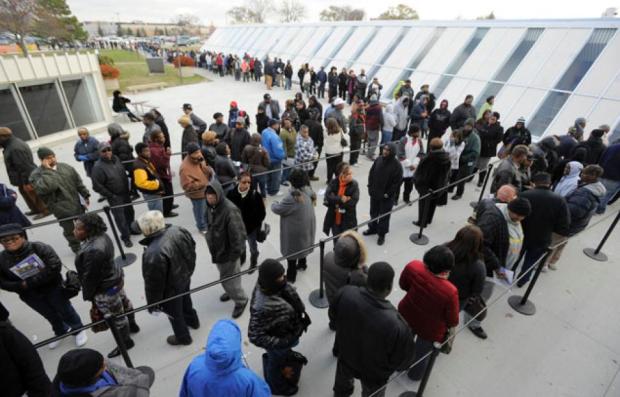My article originally posted on Huffington Post Impact.
A friend transitioning from the corporate world to the social enterprise space recently asked me how to assess a social enterprise. How do we really know when an organization is doing quality work we should rally behind and having a real, positive impact, versus just using the right buzzwords?
The short answer is you can never really know. But there are a few aspects of a social enterprise, beyond their mission and approach, that you can critically examine before deciding to join or support one.
How do they talk about impact?
There are numerous ways to measure impact, and entire firms dedicated to doing so. There is no one “right” method, but the way a social enterprise talks about their impact may be an indicator of their operations and worldview.
Let’s say there’s a social enterprise that uses all the popularly accepted words about sustainable and holistic community development. And then when they talk about their impact they say, “We’ve built 100 schools in five countries in the past 10 years.” Maybe they have a video or slideshow of “people whose lives they’ve changed,” but not much more than general statements, and certainly nothing to prove sustainability or transparency. Maybe it’s just another case of Three Cups of Deceit. Or maybe they’re revolutionary, but how are we to know?
There is nothing wrong with statistics. They’re great. Here is how Educate!, a social enterprise operating in Uganda, talks about their impact:
(more…)


